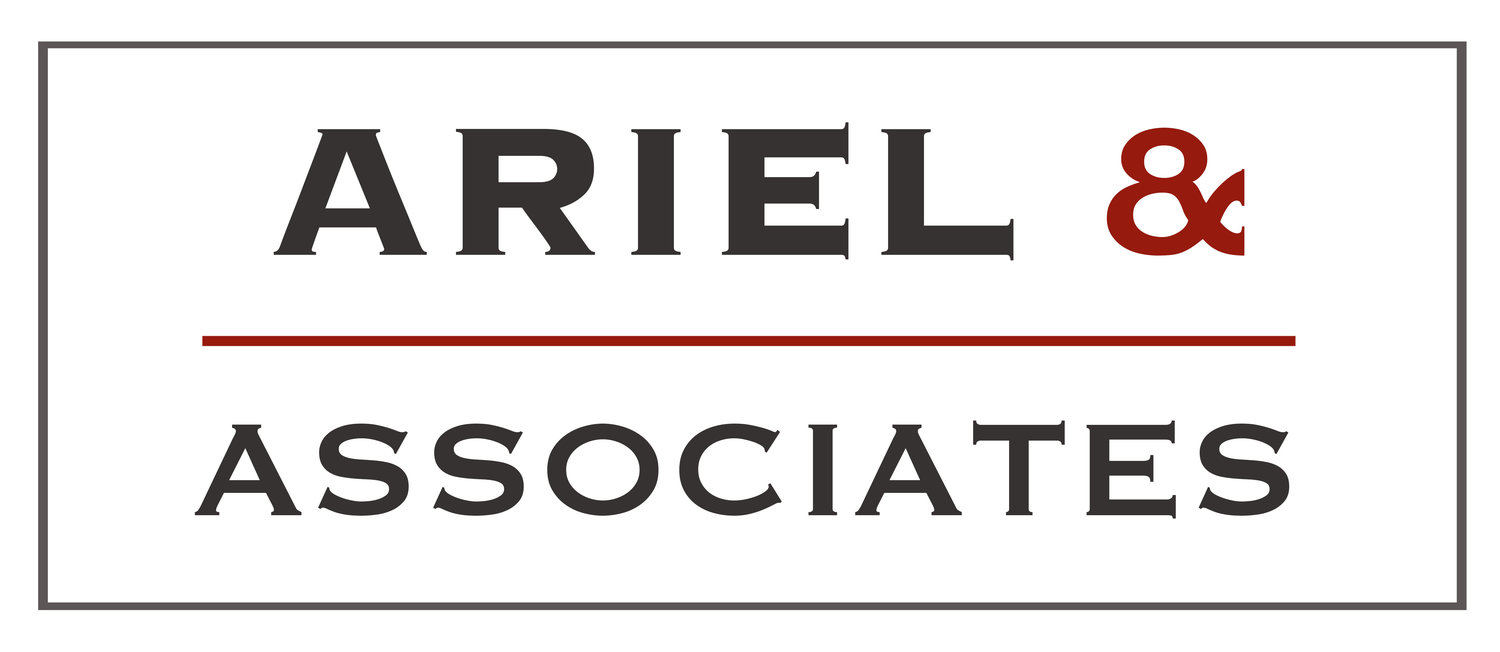Way back in 1976, the Eagles predicted in their song, “New Kid in Town” that there would be a new kid in town. So how is an American country ballad relevant to contemporary Australia? One word (well, acronym).......FASEA - The Financial Adviser Standards and Ethics Authority.
For those of you who are not aware of this new body, FASEA was established to set the education, training and ethical standards of Financial Advisers operating in the Australian financial services sector. It is important to note that a Financial Adviser is one who is authorised to provide personal (that is, not general) advice to a retail client in relation to all financial products, other than basic deposit products, general insurance products and consumer credit insurance. Personal advice is defined as financial product advice whereby the provider has considered (or should have considered) one or more of the person’s objectives, financial situation and needs.
The establishment of FASEA was a reaction to the many complaints and issues over the years involving advice to retail clients that was improper, careless, negligent, conflicted or just plain wrong. Retail clients rely heavily on professional advice for their financial well-being. It is essential that Financial Advisers possess a relevant qualification or industry accreditation and espouse the highest levels of ethics and governance. FASEA is seeking to raise the bar on Financial Advisers who until now, need to only pass a relevant short course that is RG 146 compliant - this incorporates generic and specialist knowledge requirements as well as a skills component.
FASEA has confirmed the following minimum requirements for Financial Advisers:
- Compulsory education requirements for both new and existing financial advisers - this includes a university degree in a relevant discipline (for example, business, commerce, law).
- Supervision requirements for new advisers.
- A code of ethics for the industry.
- An exam that will represent a common benchmark across the industry.
- Ongoing professional development.
Financial Advisers who are authorised on or after 1 January 2019 must hold at least a bachelor degree. Current Financial Advisers have until 1 January 2024 to obtain a relevant university degree if they wish to continue in their role.
I am deeply concerned that FASEA is using a Bachelor qualification as a benchmark for anyone who is permitted to be accredited as a Financial Adviser. By all means, invoke a Bachelor requirement for professions such as medicine, nursing, law, engineering, science, dentistry, but I disagree on the need for such a benchmark in this instance.
The principal reason I have taken this approach is that a tertiary degree is not a minimum level of competency in order to provide advice in regard to financial products.
It is important to note that since you do not need to be designated as a Financial Adviser if you provide personal advice to a wholesale client, then you do not need to be degree qualified. Is that the same as a diploma qualified doctor only being able to treat the rich - because a rich / sophisticated person is able to understand the diagnosis and treatment better than someone else who is deemed “retail”? Okay, maybe I’m being a tad facetious, but my point still stands.
There is other evidence and instances in the financial services sector whereby individuals without a degree are able to attain similar status as a degree qualified individual.
ASIC has detailed two different ways that a person may satisfy the Responsible Manager knowledge component. One option requires a university degree in a relevant discipline as well as a relevant short industry course; whilst another option requires a relevant industry or product specific qualification equivalent to a diploma or higher. Both options require 3 years’ relevant experience over the past 5 years.
Another example relates to the definition of a Qualified Accountant. A Qualified Accountant is defined in Section 88B of the Corporations Act 2001 (Cth) (“the Act”) as a person meeting the criteria in a class declaration made by ASIC. This can be summarised by being a member of one of the following professional bodies and complying with that body's continuing professional education requirements:
- Chartered Accountants Australia and New Zealand.
- CPA Australia.
- Institute of Public Accountants.
A Qualified Accountant is able to sign off on certain declarations under the Act, including certifying that a person who satisfies the financial requirements is deemed a wholesale client. It is important to note that membership of Chartered Accountants Australia and New Zealand and CPA Australia is only available with a relevant Bachelor's degree - for example, a degree in business, commerce, economics with a major in accounting. There is no such requirement for the Institute of Public Accountants – a diploma qualification is sufficient. Therefore, non-degree professionals are treated exactly the same under certain provisions of the Act.
In addition, ASIC has extended the definition of a Qualified Accountant to foreign professional bodies including (but not limited to) the American Institute of Certified Public Accountants, the Association of Certified Chartered Accountants (United Kingdom) and the Institute of Chartered Accountants in England and Wales. It is unlikely that members of all eligible foreign professional bodies are degree qualified.
In conclusion, although the requirement to institute a higher level of study, training and experience for Financial Advisers is admirable and certainly long overdue, it is important to recognise that you don’t need a degree to provide you with the relevant skills and competencies. I have no doubt that an industry designated diploma would be appropriate.
Should you have any queries about ASIC or other issues involving compliance, licensing, or corporate governance, please contact Jeremy Danon, director of Ariel & Associates Pty Ltd on (02) 8223 3355 or at jeremy@ariel.associates.
Author’s Disclaimer: I am a member of Chartered Accountants Australia and New Zealand. I was a member of CPA Australia. I have a Business Degree. No animals were harmed in the production of this column.
